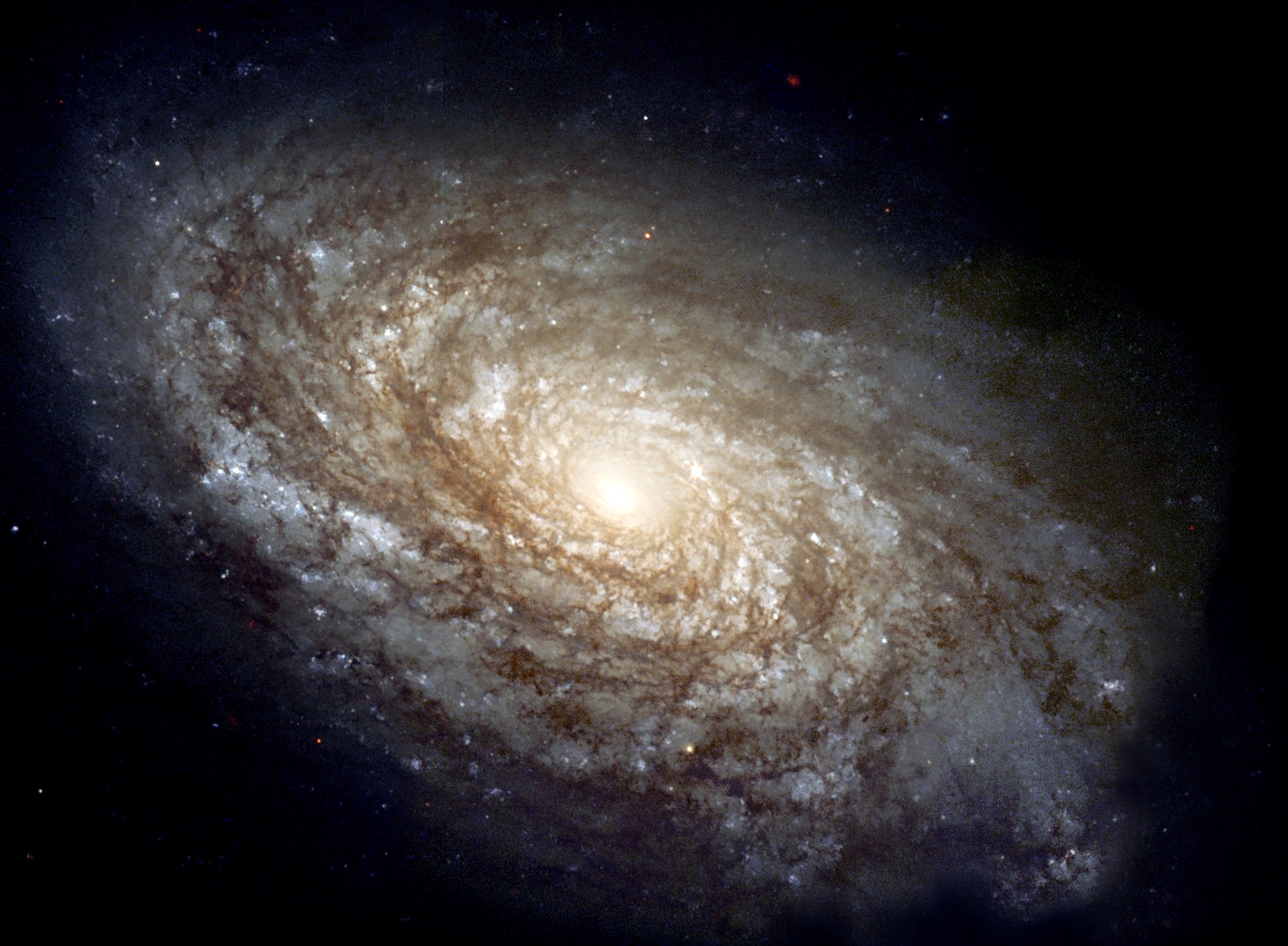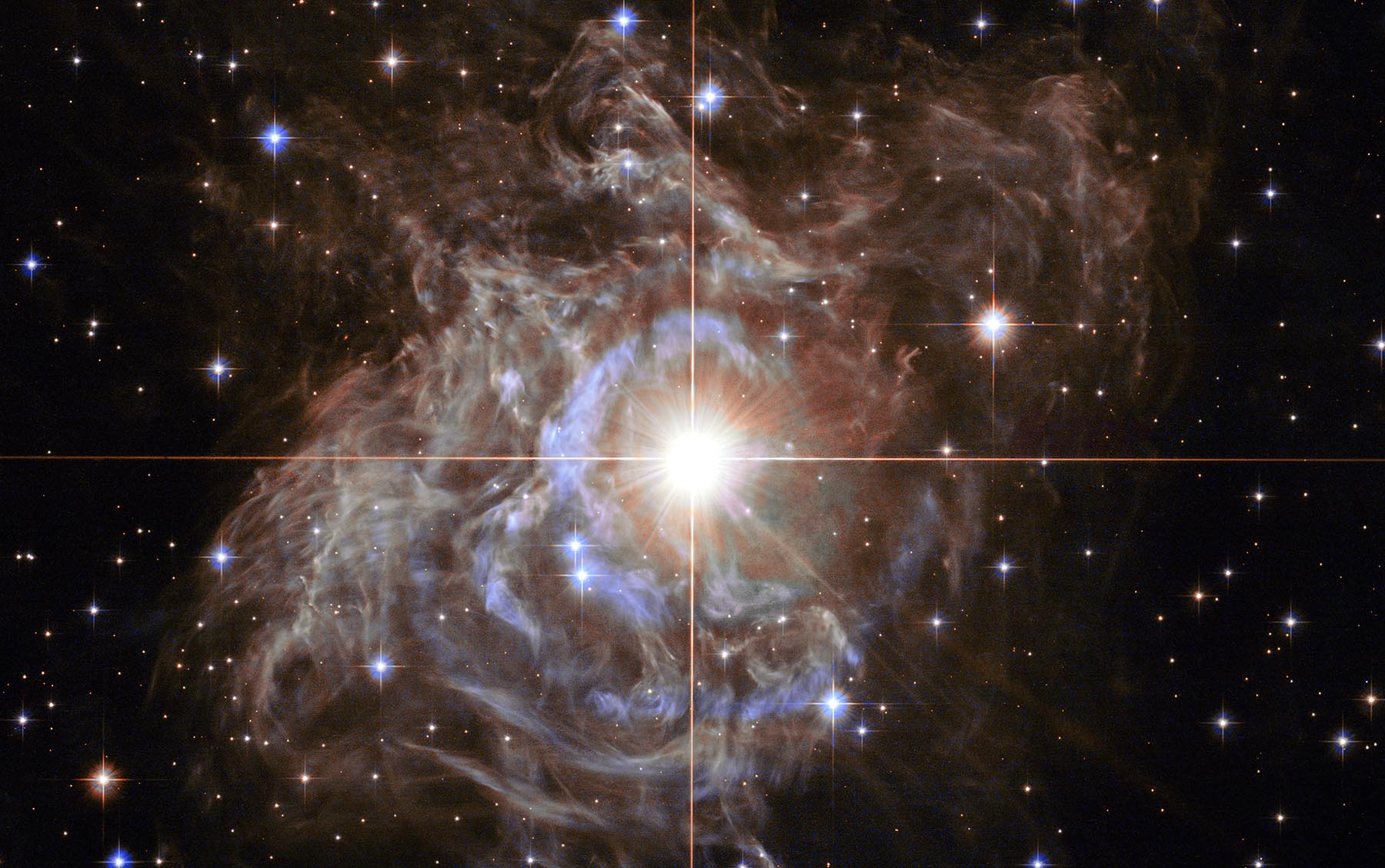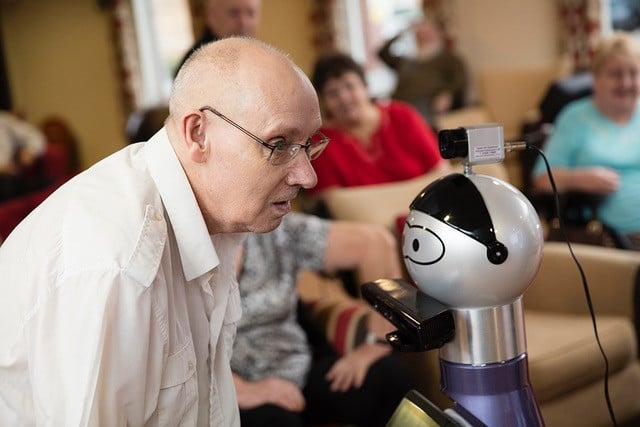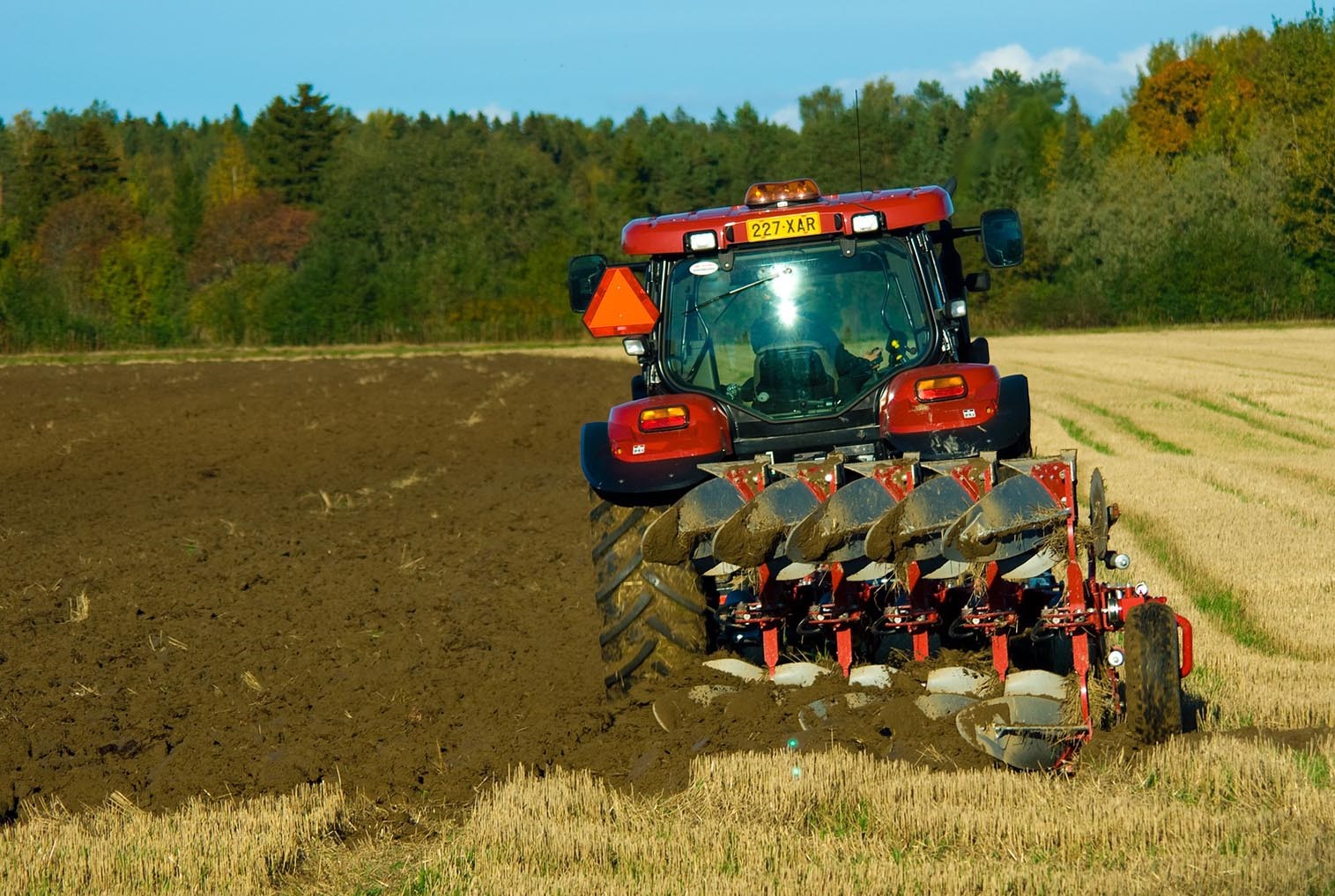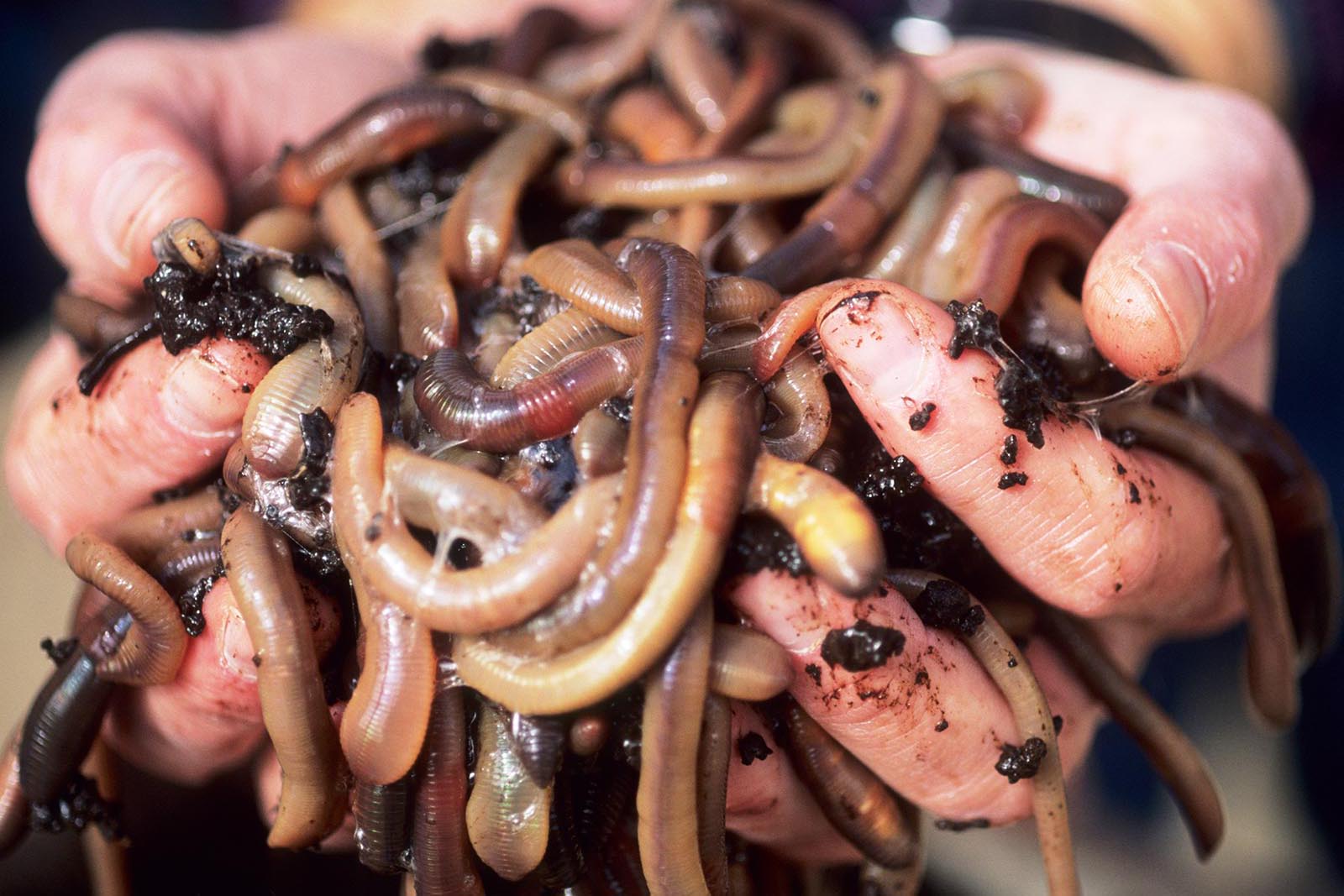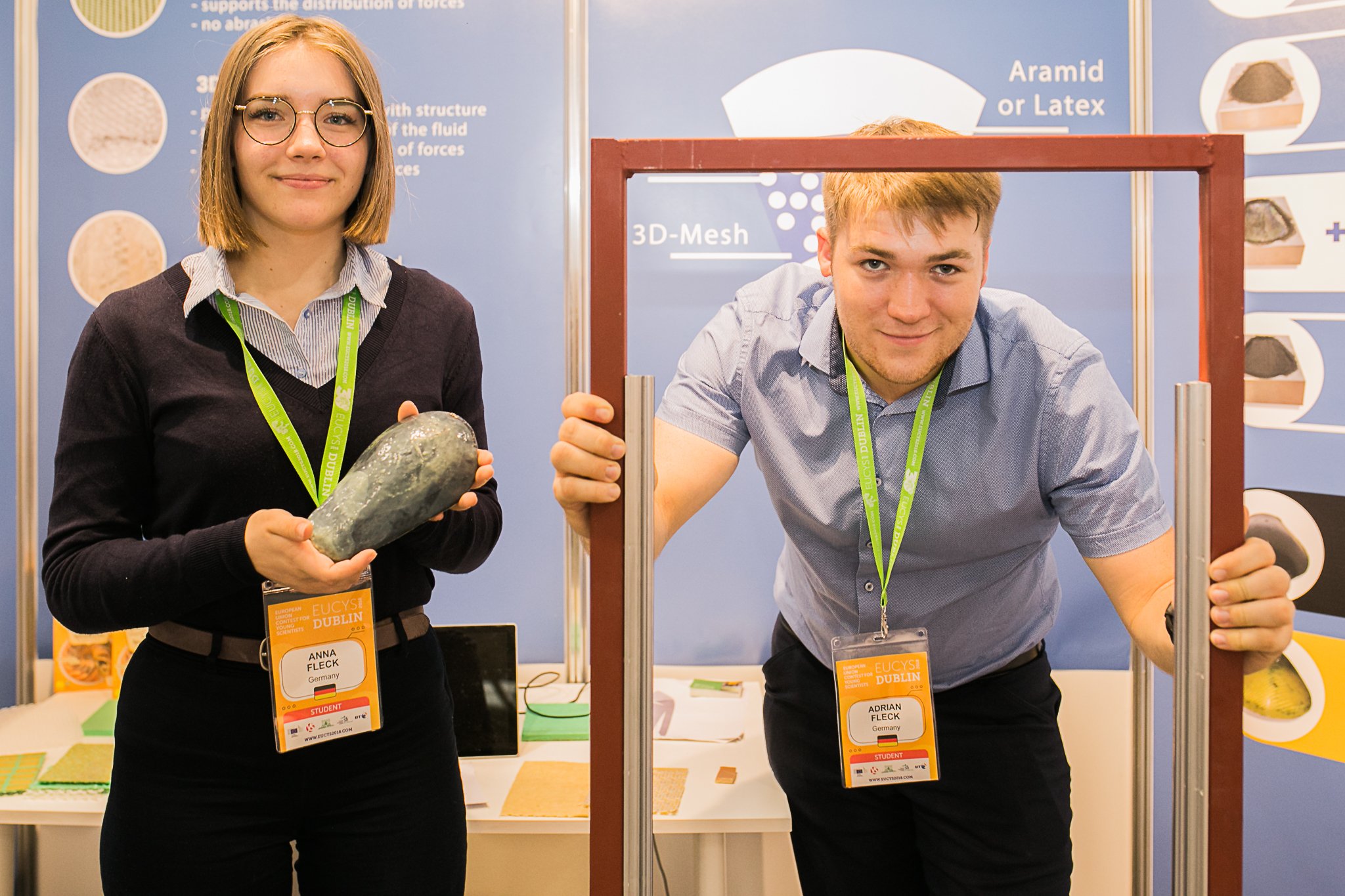Cosmic ‘dustpedias’ could reveal new types of galaxy
by Gareth Willmer Measuring the vast quantities of cosmic dust in interstellar space may be a key to unlocking various mysteries of the cosmos, including how the grains form and whether new types of galaxy are obscured by the particle clouds. Cosmic dust grains, which are born in stars, are the building blocks for other stars … Read more

